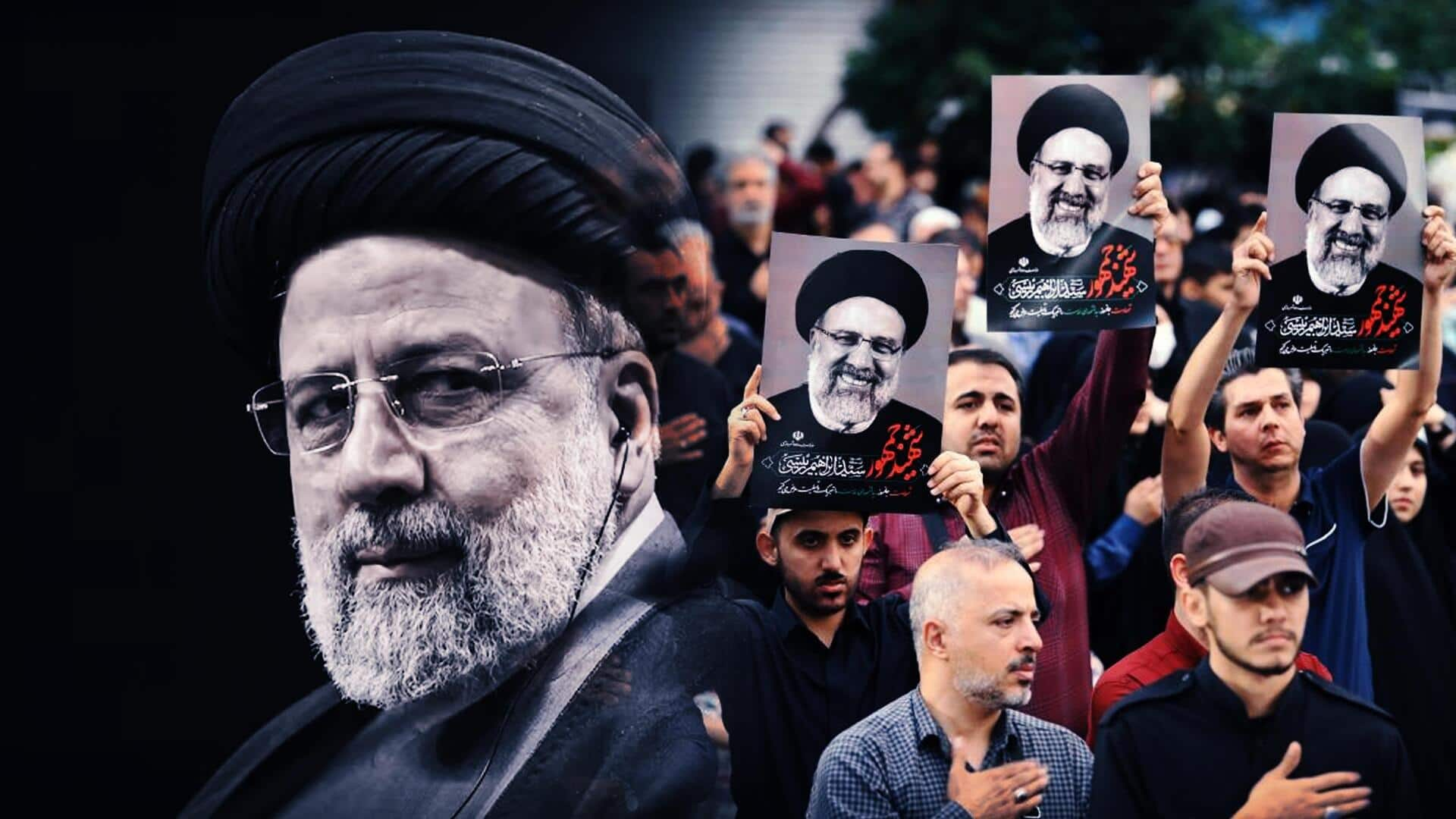
Iran: Presidential election to pick Raisi's successor on June 28
What's the story
Following the tragic helicopter crash that claimed the life of President Ebrahim Raisi, Iran has announced an expedited presidential election to be held on June 28. The decision was made during a meeting involving heads of judiciary, government, and parliament. "According to the initial agreement of the Guardian Council, it was decided that the 14th presidential election will be held on June 28," state television reported.
Crash incident
President Raisi, his foreign minister, others killed in chopper crash
President Raisi, his foreign minister Hossein Amirabdollahian, and seven others tragically lost their lives in a helicopter crash in a remote area of northwestern Iran. The registration for candidates for the upcoming presidential polls will take place from May 30 to June 3. Electoral campaigns are permitted to commence from June 12 until June 27.
Interim leadership
Mohammad Mokhber acting President until election
In accordance with Iran's constitution, Supreme Leader Ayatollah Khamenei has appointed the country's first vice president, Mohammad Mokhber, as acting President until the election. The constitution mandates that a new presidential election should be called within 50 days following the death of the president. The Supreme Leader in Iran is considered the ultimate ruler of the country and is responsible for making all major decisions concerning the state.
Succession speculation
Speculation rife over succession of Supreme Leader
Speculation regarding who will succeed Khamenei as Supreme Leader has been rife since Raisi's death. Analysts had previously considered both Raisi and Khamenei's son Mojtaba as top contenders. With Raisi's passing, Mojtaba is now seen as having a clear path to this position, although his potential appointment is viewed as risky due to Iran's fraught history with inherited rule and Mojtaba's lack of government experience and popularity among the masses.
Succession challenges
Iran grapples with succession challenges amid regional conflict
Raisi's death has left Iran grappling with two succession challenges—that of president and supreme leader—at a time when it faces regional conflict with Israel and domestic unrest due to economic hardships. Despite these challenges, Khamenei sought to reassure citizens saying, "The nation doesn't need to be worried or anxious, as the administration of the country will not be disrupted."